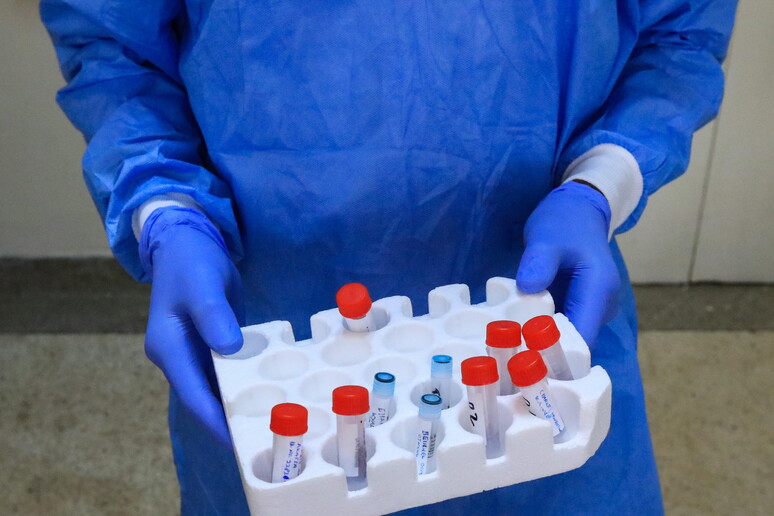All the people who recover from
COVID-19 develop antibodies, according to a study by Chongqing
Medical University published in the Nature Medicine journal.
100% of the Infected Have Antibodies.
The study revealed that 100% of the patients analysed had IgG
antibodies, the ones produced during the first infection and
which give long-term protection.
This means that serological testing may be helpful for the
diagnosis of suspected patients with negative swab results and
for the identification of asymptomatic infections.
Good News.
Gianni Rezza, the director of the infective diseases
department of Italy's Higher Health Institute (ISS), commented
that "the Nature study that confirms the presence of SarsCov2
antibodies is good news.
"Nevertheless, it is not yet known whether these antibodies
are protective," he added.
Antibodies.
It had not previously been clear whether the response of
antibodies to the virus lasted and whether serological testing
would be useful.
The study, led by Ai-Long Huang, showed that in all of the
285 patients studied developed specific antibodies for the virus
after about 17-19 days of symptom onset.
It said that 94.1% had IgM antibodies (the ones that are
activated immediately when the organism comes into contact with
an infection, giving short-term protection) 20-22 days after the
onset of symptoms.
So there was an increase in both types of antibody in the
first three weeks after the onset of symptoms, although the IgM
showed a slight decrease in the third week.
No association was found between the clinical characteristics
of the patients and the different antibody levels.
Useful Tests.
The study showed the usefulness of serological testing as a
method in a survey on 164 individuals in close contact with
COVID-19 positive patients.
Of these people, 16 people were positive for swabs and three
of them were asymptomatic, while seven of the 148 people who
tested negative had specific antibodies for the virus.
This means that 4.3% of the close contacts were missed by the
swabs.
The researchers concluded that swab tests remain useful for a
quick confirmation of infection, while antibody tests can be
important as a complement for the diagnosis of suspect cases
that were negative for the swab and to monitor people who came
into contact with the infected but are asymptomatic.
ALL RIGHTS RESERVED © Copyright ANSA











